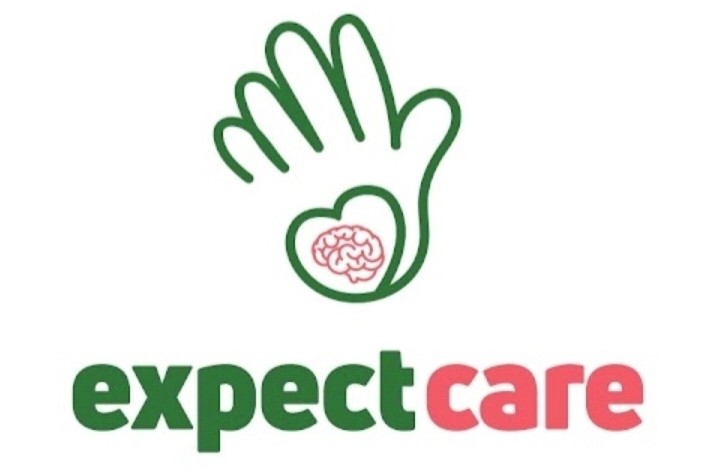In the bustling world of healthcare, amidst the focus on treating physical ailments and diseases, there lurks a silent intruder that often goes unnoticed but can have profound consequences: Delirium
Despite its prevalence and impact, delirium remains underrecognized and undertreated in many healthcare settings. Let’s delve deeper into this often-overlooked condition and explore strategies for addressing it effectively.
The Stealthy Nature of Delirium
Delirium can be challenging to detect, especially in busy healthcare environments where attention is primarily focused on treating acute illnesses or injuries. Its symptoms, such as confusion and altered mental status, may be mistaken for other conditions or attributed to the effects of hospitalization or medication.
The Impact of Delirium
Delirium is not merely a transient state of confusion; it can have significant implications for patients, including:
- Prolonged Hospital Stay: Patients with delirium often experience longer hospital stays compared to those without delirium, leading to increased healthcare costs and resource utilization.
- Functional Decline: Delirium is associated with a higher risk of functional decline and disability, impacting patients’ ability to perform activities of daily living independently.
- Increased Mortality: Studies have shown that delirium is associated with higher mortality rates, highlighting its importance as a prognostic indicator.
Strategies for Delirium Prevention and Management
Preventing and managing delirium requires a multifaceted approach that involves:
- Screening Protocols: Implementing routine delirium screening protocols can help identify at-risk patients early and initiate appropriate interventions.
- Multidisciplinary Collaboration: Engaging healthcare professionals from various disciplines, including physicians, nurses, pharmacists, and allied health professionals, is essential for comprehensive delirium management.
- Patient-Centered Care: Tailoring care plans to address the individual needs and preferences of patients can enhance their overall experience and improve outcomes.
- Education and Training: Providing education and training to healthcare providers on delirium recognition, prevention, and management is crucial for raising awareness and improving care quality.
By integrating these strategies into clinical practice, healthcare providers can mitigate the impact of delirium and improve outcomes for patients.
Title: Unveiling the Hidden Menace: Addressing Delirium in Healthcare Settings Closing Line: By shedding light on the silent intruder that is delirium and implementing targeted strategies for prevention and management, healthcare providers can enhance patient care and outcomes, one step at a time.

